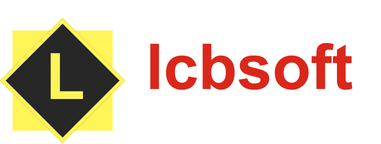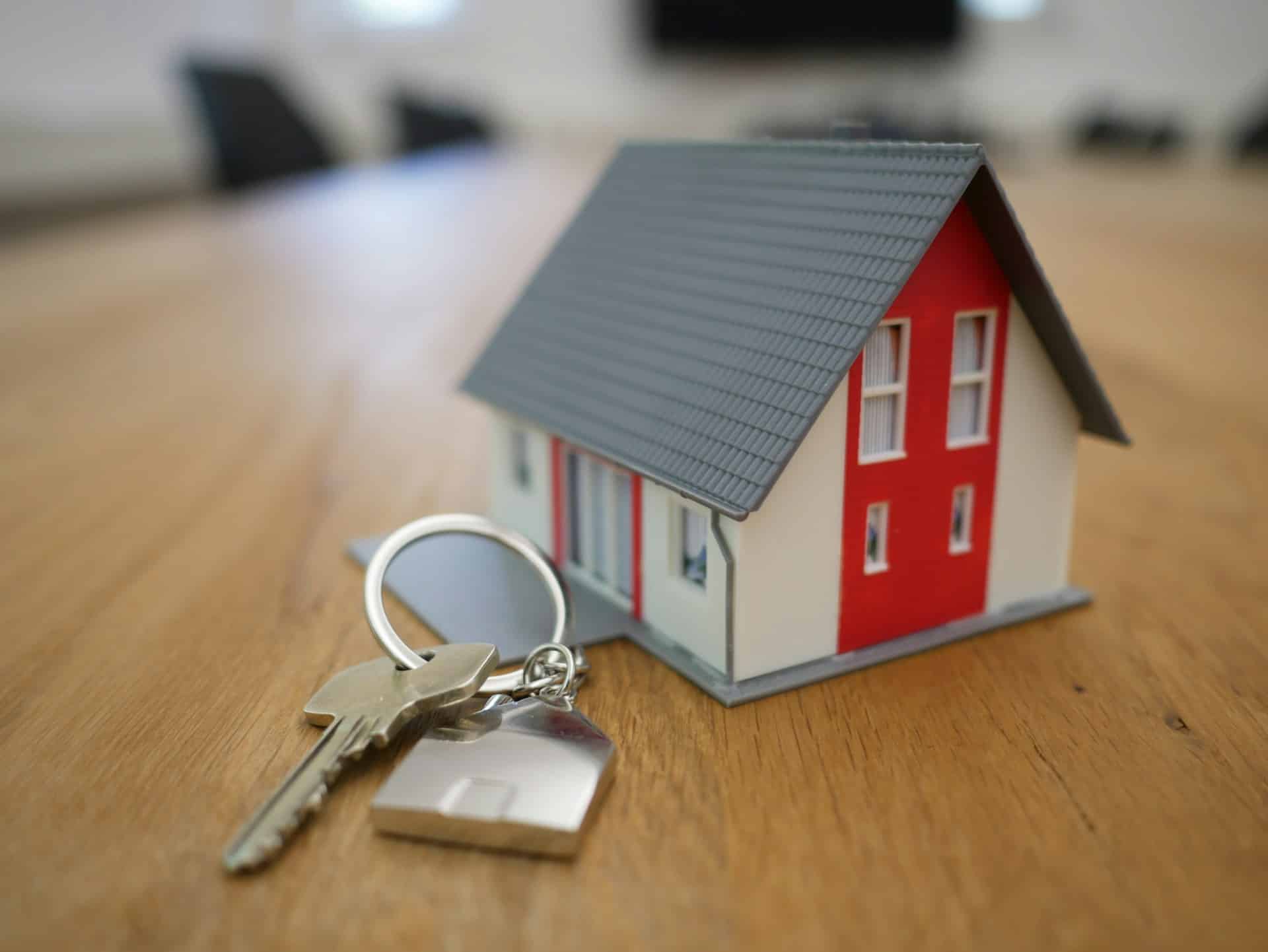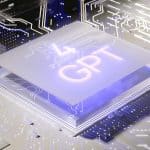Property management is an intricate matrix of responsibilities that encompass a broad range of tasks. From managing tenants and overseeing building maintenance to ensuring the security of the property, the modern-day property manager has a lot on their plate. However, as we are living in a digital age, advancements in technology are transforming various sectors, and the real estate industry is no exception. In particular, the Internet of Things (IoT) has become a game-changer in property management.
As landlords, you are always seeking innovative ways to enhance property operations and tenant experience. Smart property management is the way forward, and IoT presents a myriad of opportunities to create sustainable, energy-efficient rental properties while providing a top-notch experience for tenants. In this article, we’re going to delve into how landlords can leverage IoT solutions to improve energy management in their rental properties.
A découvrir également : What Advanced Home Automation Features Can Increase Property Value in High-End UK Real Estate?
Harnessing IoT for Smart Energy Management
When it comes to energy management, IoT can be a critical tool in your toolbox. IoT devices, such as smart thermostats and energy monitors, are simple yet influential mediums to bring energy consumption under control.
These devices allow you, and your tenants, to keep track of energy usage in real-time. They provide detailed data about energy consumption patterns and help identify areas where energy usage can be optimized. With these insights, you can make informed decisions about energy conservation and cost savings. This not only enhances the sustainability of your property but also improves the overall tenant experience.
A découvrir également : How Do Changes in Global Trade Agreements Influence UK Commercial Real Estate Markets?
Enhancing Building Maintenance with IoT
Building maintenance is a critical aspect of property management. IoT technology can play an instrumental role in streamlining maintenance operations, especially in terms of energy systems.
For instance, IoT devices can be used to monitor the health of HVAC systems. These systems are major energy consumers, and their inefficiencies can lead to significant energy waste. With IoT, you can receive real-time alerts about system malfunctions or inefficiencies. This proactive approach allows for timely repairs and maintenance, minimizing energy waste and enhancing the overall efficiency of your property.
Ensuring Security with Smart Solutions
With IoT, security in real estate has evolved from traditional lock-and-key systems to advanced, smart security solutions. These solutions not only provide enhanced security but also contribute to energy management.
Smart locks, for example, allow tenants to access the property using unique codes. This eliminates the need for physical keys, enhancing the security of your property. Moreover, you can track when and who enters or exits the property, offering a level of control and oversight that wasn’t possible with traditional systems.
Similarly, IoT-enabled security cameras not only provide real-time surveillance but can also be integrated with energy management systems. For instance, cameras can be programmed to turn off when there’s no motion detected, helping save energy.
The Role of PropTech Startups
PropTech, or Property Technology, is a burgeoning field that leverages technology to enhance the real estate industry. Several startups are developing innovative IoT solutions designed to improve property management, with a strong focus on energy management.
These startups offer solutions ranging from smart thermostats to advanced energy monitoring systems, all designed to optimize energy usage and contribute to sustainability. By partnering with these startups, you can harness the latest IoT technologies and foster a culture of energy conservation within your properties.
Enhancing Tenant Experience with IoT
Tenant experience is a critical factor in the success of your rental properties. Enhanced tenant experience often translates to long-term tenancies and increased valuation for your properties.
Investing in IoT devices not only shows your commitment towards sustainability and energy conservation but also enhances the comfort and convenience of your tenants. Whether it’s the ability to control the thermostat from their smartphones or receiving notifications about utility consumption, these small conveniences can significantly enhance the tenant experience.
In conclusion, while the adoption of IoT in property management may require an initial investment, the long-term benefits in terms of energy conservation, cost savings, enhanced security, and improved tenant experience make it a worthwhile venture. As we move towards a more digital, connected, and sustainable future, IoT represents an exciting frontier in the world of property management.
Adopting IoT for Efficient Waste Management
In the pursuit of sustainability, waste management is an area that often gets overlooked in property management. However, with IoT technology, property managers can revolutionize the way waste is managed in their properties, leading to significant energy savings and improved tenant satisfaction.
Smart waste management solutions employ IoT devices such as smart trash bins and waste sensors. These devices monitor the waste levels in real time, sending alerts when the bins are full and need to be emptied. This ensures efficient waste collection, minimizing unnecessary trips and consequently saving energy.
Furthermore, IoT devices can provide insights into waste generation patterns. For instance, if a property consistently generates a high volume of a particular type of waste, it can indicate opportunities for waste reduction initiatives. This not only contributes to energy conservation but also reinforces your commitment to sustainability, enhancing your property’s green credentials and attractiveness to eco-conscious tenants.
In addition, IoT-based waste management can significantly improve the tenant experience. By ensuring regular and timely waste collection, it helps maintain the cleanliness and hygienic conditions of your property. This not only enhances the living conditions for your tenants but can also boost their satisfaction levels, eventually leading to longer tenancies.
Incorporating IoT in Property Management Software
The internet of things is not just about smart devices; it’s also about how these devices are managed. Property management software plays a crucial role in effectively integrating and managing these IoT devices.
Modern property management software is IoT-enabled, meaning it can connect and communicate with various IoT devices installed in your property. Whether it’s energy monitors, smart locks, or waste sensors, these devices can feed data into the software in real-time. This allows property managers to have a comprehensive oversight of their property operations from a single platform.
With a user-friendly dashboard, property management software can present complex data in a simple, understandable manner. This can help property owners to make data-driven decisions, enhancing the efficiency of their operations and ultimately, the profitability of their properties.
Moreover, incorporating IoT in management software can significantly improve the responsiveness of maintenance operations. Since the software receives real-time alerts about system malfunctions or inefficiencies, it allows for timely repairs, minimizing disruptions for the tenants and ensuring their satisfaction.
In this digital age, adopting IoT-enabled property management software can give you a competitive edge. It not only streamlines your operations but also enhances the tenant experience, making your properties more desirable in the real estate market.
Conclusion
Property management in the digital age is about leveraging the latest technologies to optimize operations, reduce costs, and enhance the tenant experience. The internet of things, with its smart devices and real-time capabilities, offers a transformative solution for property managers looking to improve energy management in their properties.
Whether it’s through smart energy management, enhanced building maintenance, improved security, efficient waste management, or integrated property management software, IoT presents a multitude of opportunities to create sustainable and energy-efficient rental properties.
While the initial investment may seem daunting, the long-term benefits of IoT adoption – from energy conservation to improved tenant satisfaction, from cost savings to enhanced competitive positioning in the real estate sector – make it a promising venture for forward-thinking property managers. As we chart our path towards a more connected, digital, and sustainable future, IoT certainly stands as an exciting frontier in property management.











